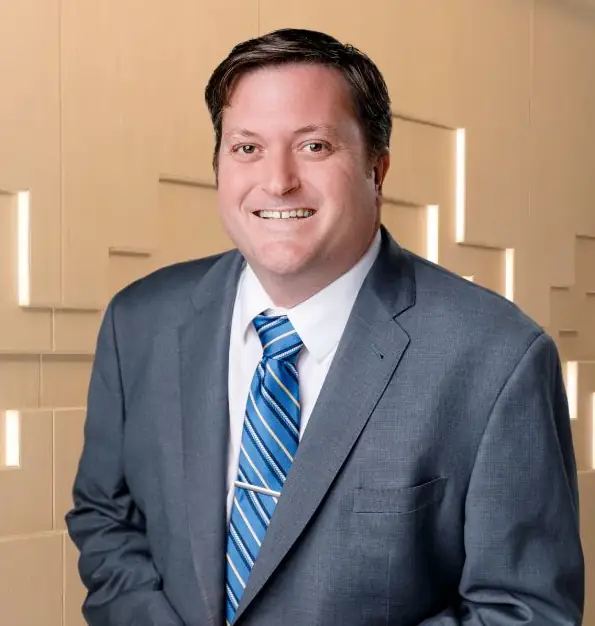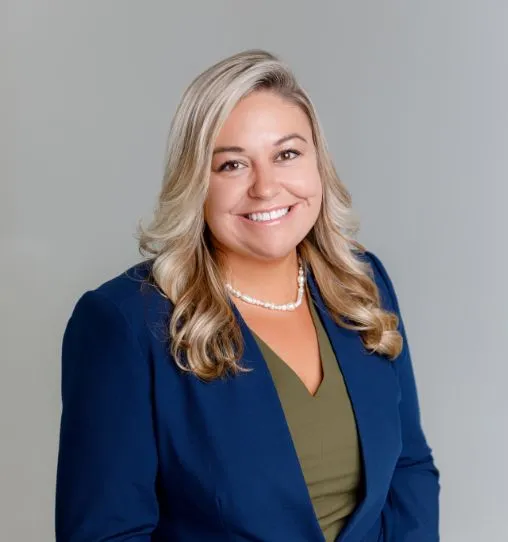Premises Liability Attorney
If you have been injured on the property of another, you may be entitled to substantial financial compensation if you can prove that they were to blame for your injuries. However, there is almost always an insurance company involved that tries to play hardball with your legal rights. You need an effective premises liability lawyer and advocate to give you the best possible chance at the highest amount of compensation. Contact the premises liability attorneys at the Howard Stallings Law Firm to discuss your potential premises liability case and how we can help you.


Types of Premises Liability Claims
Premises liability claims encompass a wide variety of circumstances when you are on the property of another. The property owner assumes a duty of care to you as soon as they hold their property open to you. It does not matter whether they know you, or whether they gave you a specific invitation to enter. If you are injured on their property due to their negligence, they have a legal obligation to pay you.
Specific examples of premises liability claims include:
- Slip and Fall: These are the most common type of accident, with more than one million people each year seeking emergency medical treatment for fall-related injuries.
- Negligent Security: People are injured by attacks and assaults, including shootings, on the property of another. You may have a premises liability claim even when the owner was not the one who committed the violent action.
- Dog Bites: The dog’s owner may not have taken proper precautions, although dog bite cases are challenging because of North Carolina’s use of the “one free bite rule.”
- Swimming Pool Accidents: Swimmers, especially children, can be injured by dangerous conditions in swimming pools and a general lack of supervision.
- Hotel Accidents: When you stay overnight at a hotel or Airbnb, you may be injured in incidents such as fires, electrocutions and physical attacks.
- Exposure to Toxic Substances: Types of injuries in this category can include exposure to dangerous illnesses and substances such as chemicals and carbon monoxide.

Negligence in Retail Establishments
Stores are among the most common places where accidents occur. There is quite a bit of foot traffic, and employees have the task of continuously inspecting the premises to ensure that it is safe. There may be spills in the aisles or things left in a walking path. However, there may not be enough employees to ensure safety, or they may be distracted by dealing with customers. Lack of staffing does not necessarily get the store owner off the hook for premises liability claims because they are the one who made the staffing choices.
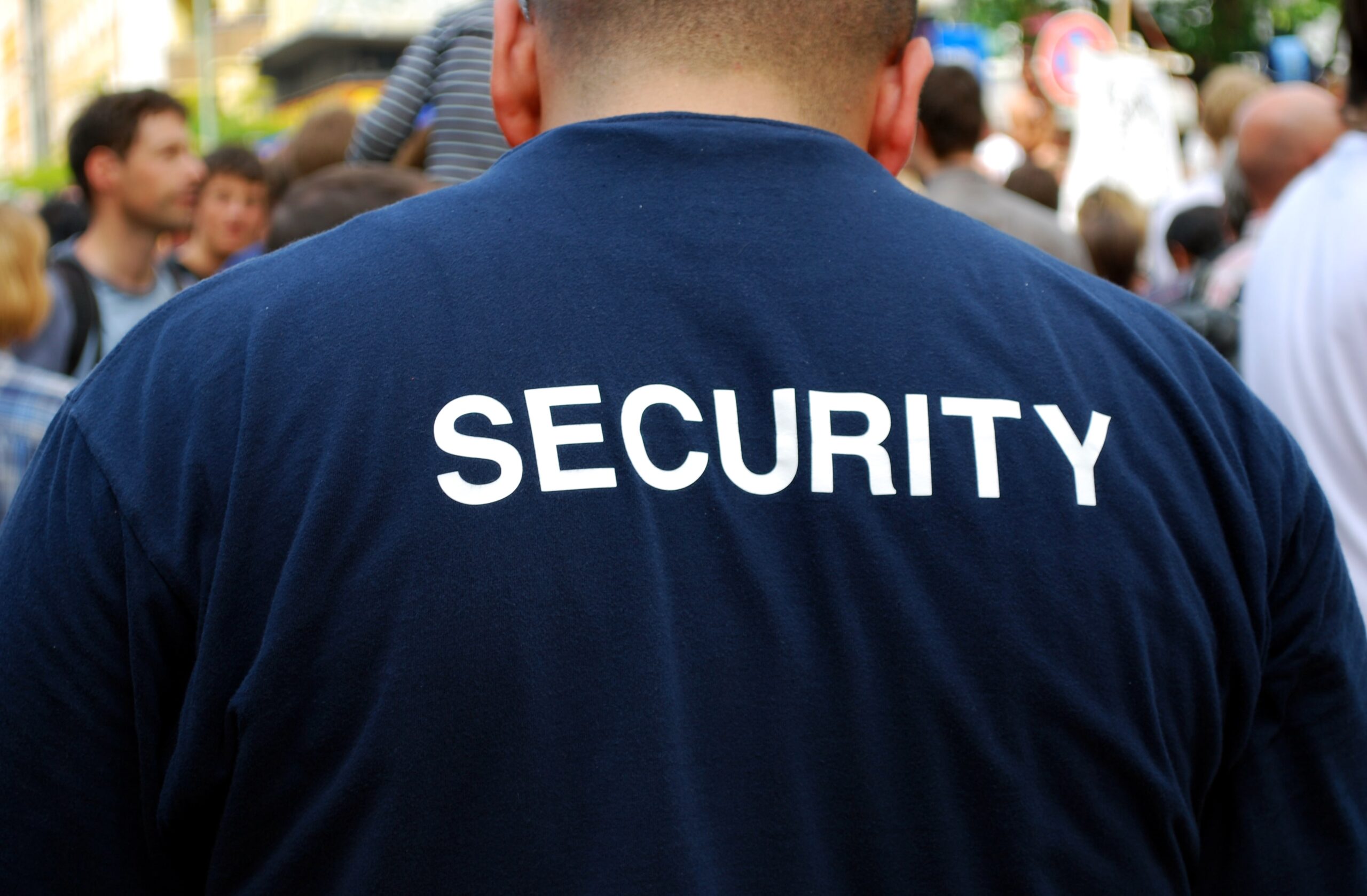
Negligent Security
The failure to provide adequate security is a common type of premises liability claim. You have been assaulted and attacked on the property of another. Of course, you always have the legal right to file a direct lawsuit against your attacker, but another party also may bear responsibility for what happened. This party may have far deeper pockets, so it is in your interest to file a lawsuit against them to obtain compensation.
The property owner does not have an obligation to prevent all attacks from occurring whatsoever, but they do have to provide reasonable security. Practically, this means that they must take reasonable steps when they know or should have known that there were threats. One example is hiring security guards when their premises are located in an area known to have high crime, like a history of gunshot incidents or other violent assaults. They may also take steps to control access to the property.
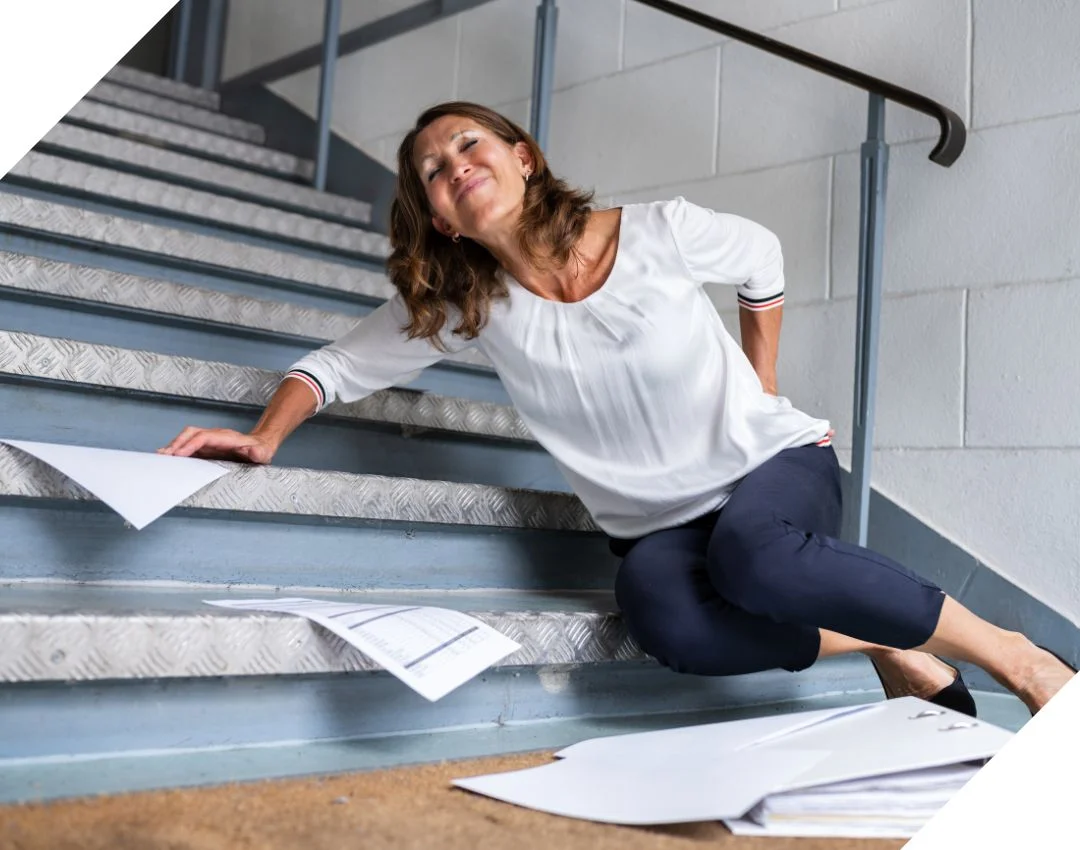
The Property Owner’s Duty of Care
The duty that the property owner owes you depends on your status on the property. The highest duty of care is when you are a licensee on the property. Here, you are likely a business visitor when the owner held their property open to you. They must keep the property safe and warn you of any hidden dangers.
There is also the status of an invitee, when you are a social guest on the property. According to the North Carolina Supreme Court, the property owner now owes the same exact duty of care to an invitee as they do to a licensee.
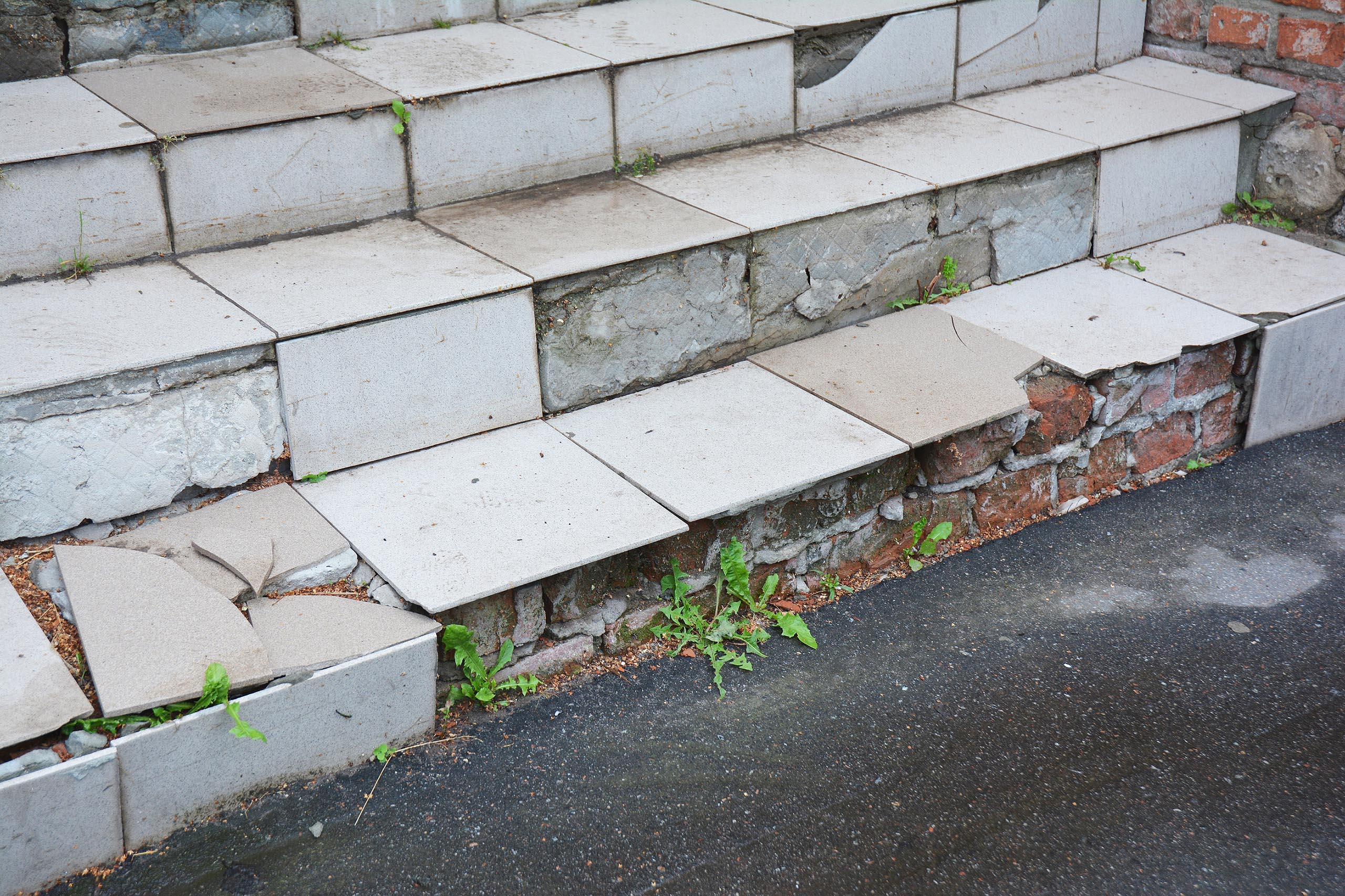
The Legal Standard in Premises Liability Cases
In any premises liability case, you must show that the property owner (or the person who was in control of the property, because store owners do not always own the premises) failed to act reasonably under the circumstances. What is negligence depends on the circumstances of your case. You are trying to prove that the property owner failed to do what a reasonable person would have done.
You have the burden of proof to show that someone else was negligent. Oftentimes, insurance companies will reflexively deny claims when they do not see evidence that is to their own satisfaction, even if you think that you have proven negligence.

Challenges in a Premises Liability Case
You may face a number of challenges when you are filing a premises liability claim or lawsuit, including:
- Insurance companies can be jaded and skeptical of these claims, especially when they involve a slip and fall accident.
- Much of the evidence that you need to prove your claim may be in the hands of the responsible party, forcing you to obtain it in the lawsuit process.
- The insurance company may try to minimize the value of your claim, claiming that your injuries are far more minor than they really are.
- Even if you get settlement offers, they will be very low, forcing you to fight for more money, either in negotiations or court.

Contact a North Carolina Premises Liability Attorney Today
If you have been injured in a premises liability accident, you must follow a lengthy legal process before you may be eligible for a check for your injuries. The best thing that you can do to further your own interests is contact one of our experienced premises liability attorneys to represent you in dealing with the insurance company and defendant. Reach out to the experienced attorneys at the Howard Stallings Law Firm today to speak with a lawyer. You can schedule a free initial consultation by calling us today at 919-821-7700 or by sending us a message online.
Meet Our Attorneys

